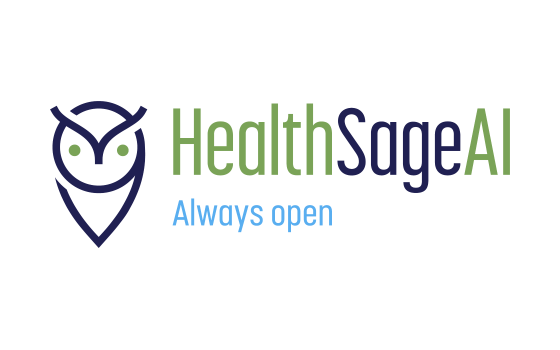 The European start-up HealthSage AI announces the launch of its Open Source Generative AI Platform fully dedicated to healthcare: a trusted and transparent foundation for the development of AI applications for healthcare.
The European start-up HealthSage AI announces the launch of its Open Source Generative AI Platform fully dedicated to healthcare: a trusted and transparent foundation for the development of AI applications for healthcare.
The first release of HealthSage AI's Large Language Model, Note-to-FHIR, transforms clinical notes and other types of unstructured text into a structured FHIR output. It is now available in beta for the medical and open source community to review and extend prior to the impending launch of the first commercial version.
To use Generative AI in healthcare, it needs to be safe, secure and responsible. That is why HealthSage AI has chosen an open source approach, inviting anyone to review, customize and contribute to its code - creating a vibrant community of health AI innovators and users.
The HealthSage AI platform offers a safe and trusted environment to build and share Healthcare AI solutions. The HealthSage AI platform will host HealthSage AI's Large Language Model (LLM) as well as other models, tools and applications. These will be crafted by HealthSage AI as well as contributed by the broader community. The flexibility to use multiple models, tools and applications prevents vendor lock-in, and offers continuous access to state-of-the-art technology.
The first release of HealthSage AI's Large Language Model, Note-to-FHIR, transforms clinical notes and other types of unstructured text into a structured FHIR output: an international standard for the electronic exchange of healthcare information between different systems and applications. Now for the first time in history, unstructured clinical data can be analyzed automatically, with unprecedented speed and state-of-the-art accuracy.
In keeping with its Always Open and collaborative approach, HealthSage AI has now released a beta version of Note-to-FHIR, to enable the healthcare and open source community to review and extend this solution prior to the impending launch of the first commercial version.
HealthSage AI's core values are to be Always Open, Always Responsible, and Always Safe. This means embracing the open source principles, being dedicated to excellence and integrity, and ensuring the HealthSage AI LLMs are trained and trusted by the healthcare community.
For further information, please visit:
https://healthsage.ai
About HealthSage AI
HealthSage AI was founded by Harm-Jan Wessels and Marcel Alberti: two experienced entrepreneurs who know what it takes to create solutions that make a genuine impact in healthcare. At HealthSage AI, they have built a talented team with decades of invaluable experience in healthcare IT. Driven by creativity, curiosity and innovation, they plan to shape the future of healthcare.